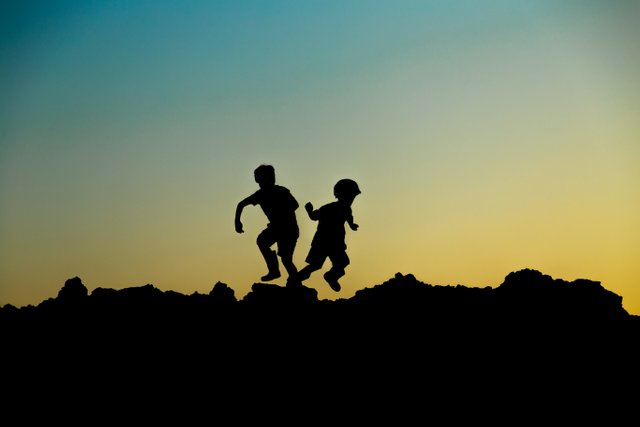4 Guidelines for Safe and Healthy Children
4 Guidelines for Safe and Healthy Children

Be careful to vaccinate them.
In order to protect your children against illnesses like measles, rubella, tetanus, and meningitis, among others, vaccinations are essential when they are young. The most crucial immunizations for your child's development should be received at the following ages:
The Hib, Meningitis C, MMR (measles, mumps, and rubella), PCV (pneumococcal), and MenB vaccinations should all be administered to 1-year-olds in one shot. Every year, children ages 2 to 11 should take the children's flu vaccination, and children ages 3 and older should have the 4-in-1 pre-school booster and the 2nd dose of the MMR vaccine.
Be aware of your allergies and food intolerances
When your child is young, it's crucial that you make every effort to identify any allergies they may have. Your doctor can help you find out whether your baby has any allergies, but you should be extra cautious when introducing new foods to your baby if they have eczema or a food allergy that has been identified, or if you have a family history of eczema, food allergies, asthma, or hay fever.
Your infant can start eating new, solid foods at six months old. You should start with very little quantities so you can identify any sensitivities. Cow's milk, eggs, gluten, almonds and peanuts, seeds, soy, shellfish, and fish are the foods that newborns are most frequently allergic to.
Obtain top-notch healthcare
Even though it's every parent's greatest dread, your child will eventually get sick or hurt. It's an inevitable aspect of life that these things occasionally occur. Even if you sometimes can't stop them from happening, you can always be ready for them when they do.
For instance, getting family health insurance and selecting the correct doctor are crucial since they will make hospital stays or doctor visits much simpler. Additionally, it means that you may stay close by if your child is in the hospital with the least amount of worry and that you can receive assistance and guidance whenever you need it.
overall security
As soon as your child is old enough to comprehend, it's critical that you take the small steps necessary to keep them safe overall. For instance:
Names, addresses, and numbers: It's critical to teach your child their entire name, address, and a crucial phone number, such as a parent or grandmother, as early as possible.
A police officer should be the first person your child learns to recognise in an emergency, just in case.
Keep an eye on them and let them know that you or a guardian should be able to see them at all times.
Don't leave them or your children unattended.
Make sure your children are aware of secure locations and people, such information desks, police officers, security guards, and store clerks, in case they ever become away from you.
Make careful to teach your children to avoid engaging in conversation with or travelling with strangers.
Every parent's top concern is to keep their children safe and healthy, and these are just a few of the things you can do to do that. You may rest easy knowing your child will be secure and healthy in the years to come once you've mastered these and a tonne of other advice and techniques.